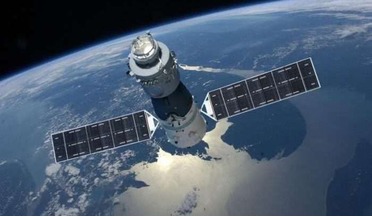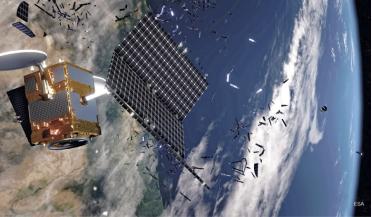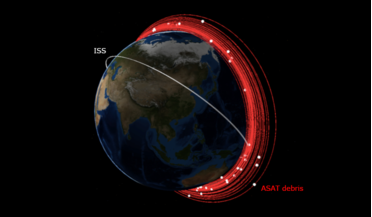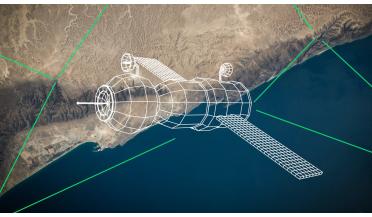 May 2025
A time zone for the Moon
May 2025
A time zone for the Moon
... has therefore instructed NASA to develop a unified time standard for the Moon and other space objects. Kevin Hawkins, head of NASA’s space communications and navigation department, draws a figurative analogy between an atomic clock at the US Naval...
 29 March 2018
China's Tiangong-1 space lab is destined for Earth, soon!
29 March 2018
China's Tiangong-1 space lab is destined for Earth, soon!
... spoiling your enjoyment of the find. Secondly, according to the Outer Space Treaty of 1967, which provides the basic framework on international space law, a country’s space object is their legal property. Therefore China still has claims to it, even...
 September 2020
High hopes for Brazil’s space ambitions
September 2020
High hopes for Brazil’s space ambitions
... extract water, oxygen and inks to print spare parts, agriculture to grow food in inhospitable terrain, space object tracking, and space exploration. The identification of enablers for unlocking these opportunities is the challenge. We are committed...
 May 2024
Could ICAO be a NewSpace regulator?
May 2024
Could ICAO be a NewSpace regulator?
... is unable to fly as the air is too thin; the second is where gravity causes a space object to re-enter; and the third is the level at which a space object tends to burn up unless it is well protected. But if we agree that the distinctions are...
 03 May 2019
Debris from India's ASAT test worse than predicted
03 May 2019
Debris from India's ASAT test worse than predicted
.... Last month, the Deimos Sky Survey (DeSS), a system designed to survey, track and catalogue near-Earth space objects, witnessed a discarded 10 year old ‘upper stage’ rocket section crumble into pieces. The newly-made fragments...
 22 January 2026
Global space traffic coordination platform launched
22 January 2026
Global space traffic coordination platform launched
... heterogeneous systems. According to Spacetalk, the test phase further enabled users to consult the platform’s space object inventory and stakeholder directory, significantly improving situational awareness of the orbital environment and clarifying...